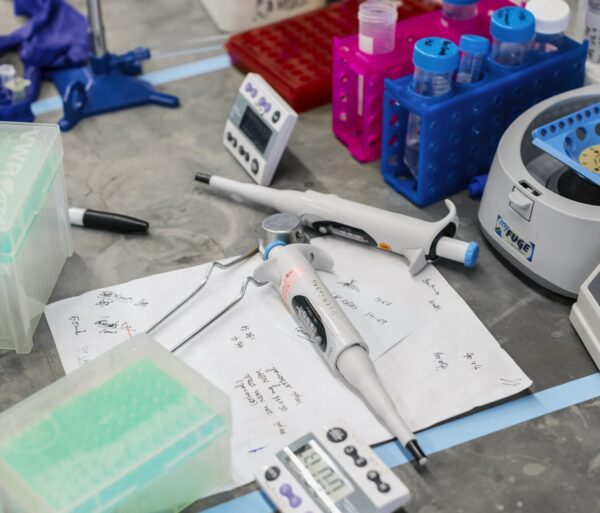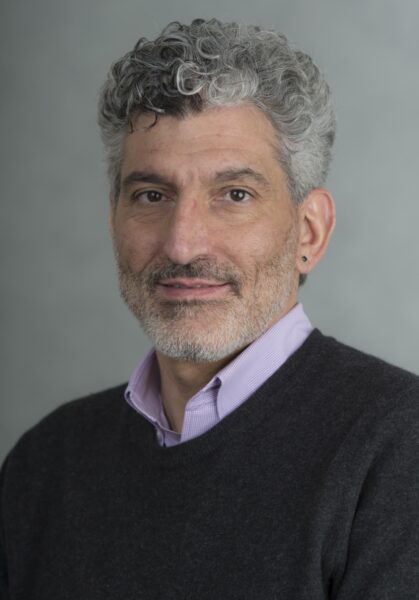Goal: to understand the biological mechanism of childhood trauma and its effect on patients with personality disorders
Dr. Royce Lee investigates the effect of childhood trauma on adults with personality disorder. Specifically, Lee hopes to establish a methodology for studying GABA receptors, which are important in helping people process emotion. Lee’s hypothesis is that early life trauma alters GABA receptor function in the brain, which contribute to personality psychopathology.
In his experiment, Dr. Lee, an assistant professor in the University of Chicago’s Department of Psychiatry, planned to study eight individuals with personality disorder, four with a high instance of childhood trauma. Patients were to be asked to review photos of facial expressions and other emotionally evocative images to activate emotional processing centers of their brains. Their brain activity was to be monitored with functional magnetic resonance imaging (fMRI). Brain activity of the subjects was to also be measured while they are medicated with benzodiazepine, an anti-anxiety drug. Dr. Lee hypothesized that patients with a high instance of childhood trauma will show less regional and functional sensitivity to these drugs, which act on GABA receptors in specific brain regions.
Dr. Lee believes this Brain Research Foundation-funded study will represent a significant step forward in understanding better the effect of childhood trauma on the brain and its impact on abnormal behavior. In the long term, this ability to measure GABA receptor function could lead to the identification of at-risk individuals who might benefit from drug and psychosocial therapies. A history of childhood abuse is a risk factor for a range of psychopathological issues in adulthood, including depression, substance abuse, post-traumatic stress disorder and personality disorder.
By studying the effect GABA receptors play in emotional information processing, Dr. Lee’s study could conceivably lead to a biological model for diagnosis of personality disorder that could result in more focused treatments. Current drugs that target GABA receptors, such as anti-anxiety drugs, are limited by their nonspecific effects on brain function, tolerance, addictive potential and toxicity. Psychosocial treatments, including psychotherapy, while shown to be effective, are based on behavioral, not biological, symptoms.
“This seed grant will have a tremendous impact on my future work because it allows me to test this methodology,” Dr. Lee said. His experiment represents the first time persons with personality disorder will be studied with fMRI while completing these specific tasks and while medicated with this particular anti-anxiety drug. “If the methodology is sound, I hope it will help me obtain funding for future study in this area,” he said.



